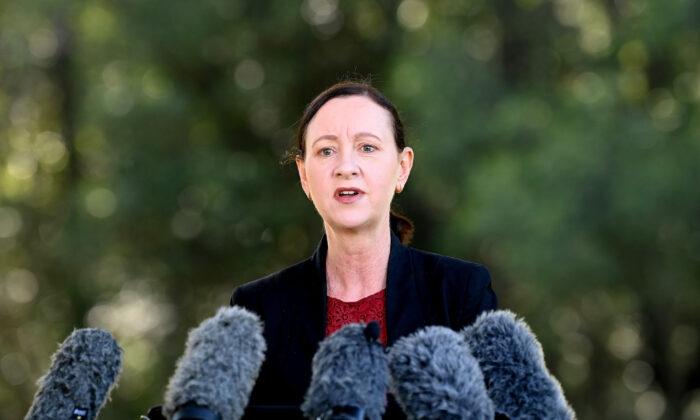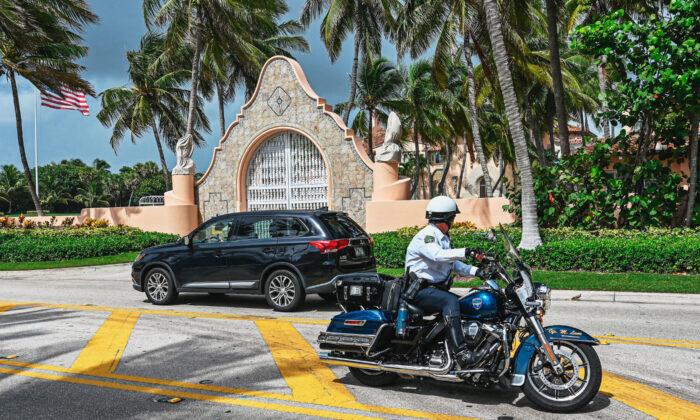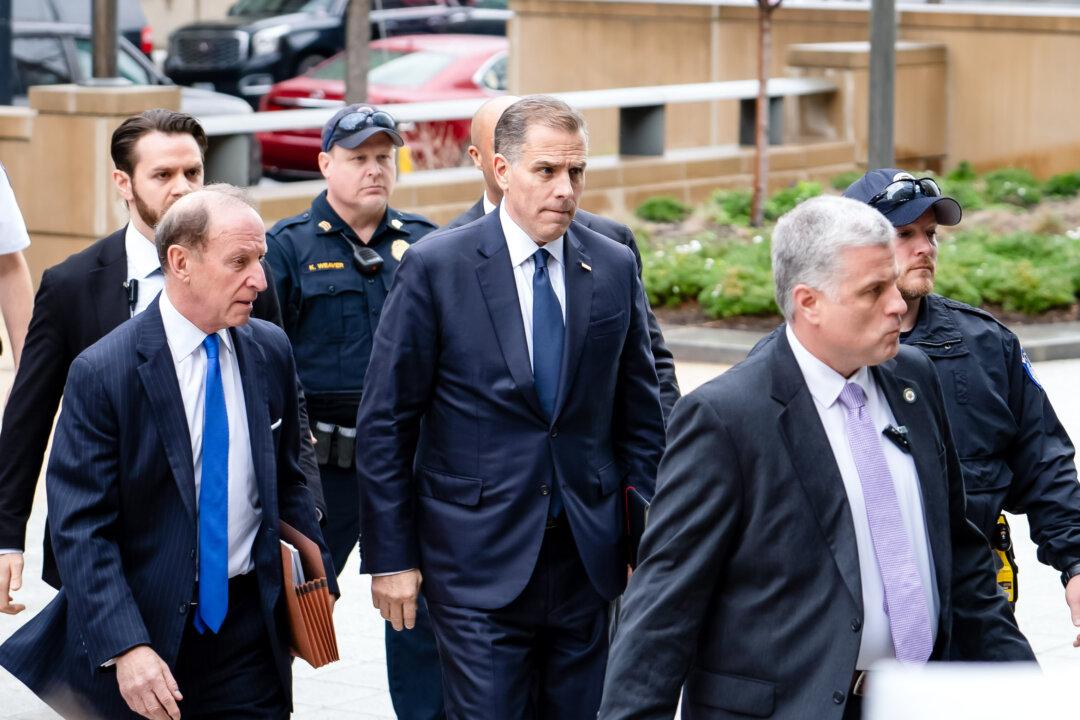Australians in the state of Queensland (QLD) will be fined if they deliberately spit, cough, or sneeze on retail workers who deny them entry to businesses from Dec. 17, when only fully vaccinated people will be allowed into a range of venues.
This comes as QLD’s new public health directives are a little over a week away from coming into force on Dec. 17, with the state’s Health Minister Yvette D'Ath spelling out the rules about which businesses are required to have mandatory COVID-19 vaccination for workers and patrons.
After the deadline, a range of businesses will be allowed to trade at 100 percent capacity, but all patrons must be fully vaccinated.
The mandates around the COVID-19 vaccine apply to hotels (including hostels, backpackers, boarding houses), pubs, clubs, taverns, bars, restaurants (including fast food) and cafes.
Additionally, the ban extends to nightclubs, live music and karaoke bars, concerts, theatres or cinemas, casinos, sporting stadiums and theme parks.
Unvaccinated people will also be denied entry to music festivals, sports centres, swimming pools and events such as marathons, as well as universities and TAFE’s and government venues, including libraries.
Weddings and funerals will be open to both vaccinated and unvaccinated people, but if unvaccinated people attend, there is a cap of 20 people. There is no cap if those occasions are only opened to fully vaccinated people.
Essential services will remain open for both unvaccinated and vaccinated people to access. This includes supermarkets, public transport, places of worship, and funerals.
“But I will say, if you are on public transport, and it is very crowded, we recommend that you wear a mask or you do try to social distance, of course, good hygiene as well. Those are measures you can put in place to increase your protection.”
The Queensland government will be beefing up its “Be Kind” campaign in a bid to encourage the public not to treat retail workers aggressively if they are denied entry due to their vaccination status.
It will be up to individual businesses to check proof of vaccination from staff, guests, and patrons. The state will provide businesses with signage—featuring a big green tick—to alert customers they must show vaccine status.
Patrons can show proof of vaccination status with the Check In Qld app or a printed or electronic certificate.
QLD Employment and Small Business Minister Di Farmer said that people would suffer penalties if they deliberately spit, cough, or sneeze on retail workers under the new health directive.
“It’s their (retail workers) job to uphold the public health directive, and we’re going to be running a ‘be kind’ campaign which actually says to people ’treat everyone properly,'” she said.
“If you choose not to be vaccinated, that is your decision. However, it is not your right to abuse the people who are simply trying to do their jobs. So we encourage all Queenslanders, please be kind to these workers.”
Farmer said the state would offer free short courses that show people how to “deescalate aggressive patrons.”
“If you decide to go into a business when you’ve already seen that there’s a green tick at the door, and you are not vaccinated, we'll offer training—a very short training course which TAFE has put together—on how to deescalate aggressive behaviour.
“We put together a similar course when COVID first hit, and over 250,000 people have since completed that course.”
The Dec. 17 deadline also means proof of vaccination will be required to visit hospitals and aged care homes. However, this does not apply to residents and patients, and there will be some exceptions for medical treatment, end-of-life visits, childbirth, and emergencies.






Friends Read Free